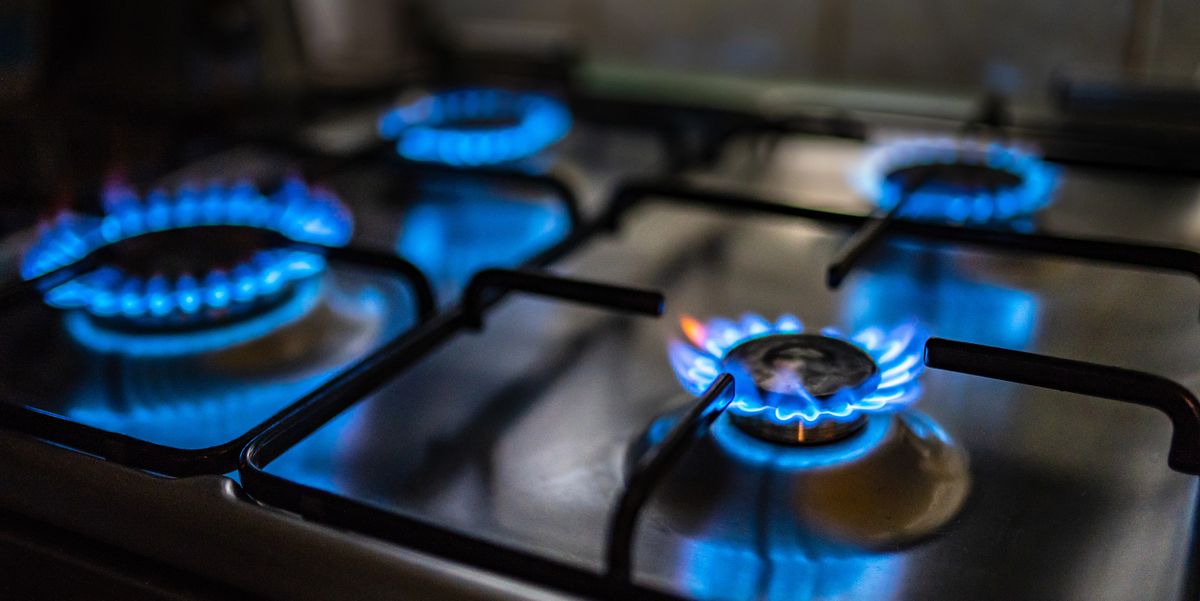Climate Advocacy Tactic Facilitates Fear Mongering and Propels Misinformation
Around the country, the Gas Leaks Project has plastered advertisements aimed at spreading a misguided message surrounding the harmful effects of natural gas. Mirroring a popular reality television show, the $1 million “Hot & Toxic” campaign sponsored by Rockefeller Philanthropy Advisors features characters that each showcase a potentially harmful byproduct of natural gas. Meant to encourage Americans to ditch their traditional fuel consumption, the campaign truly only has one goal: to spread panic about natural gas.
187 million Americans depend on natural gas as a means to heat their homes and cook their meals because it’s affordable, reliable, and most importantly, safe and more environmentally friendly. In fact, natural gas is one of the cheapest forms of energy available to the residential consumer and is responsible for enormous improvements in U.S. emissions in the last two decades including reducing CO2 emissions to 25-year lows. While there may be some potential for pollutants, the Federal Interagency Committee on Indoor Air Quality (CIAQ) continues to uphold that natural gas stoves don’t pose risks to respiratory health. Additionally, both the Environmental Protection Agency and the Consumer Product Safety Commission don’t portray gas as a significant contributor to adverse air quality or health. These scare tactics based on pushing a radical green agenda, rather than fact, will only hurt Americans.
Natural gas-powered homes are significantly cheaper than electric-powered homes, saving families an average of $1,068 per year. It’s inconsiderate to shame Americans into switching to electric, driving up costs for homes and businesses, leaving essential heat as an extreme expense and endangering the power grid’s reliability. In fact, cities are starting to roll back their bans on natural gas-powered stoves due to burdensome expenses. Just this week, the City of Berkley, California, ruled to repeal its natural gas ban, the nation’s first-ever ban, setting a precedent for other cities to do the same. In a lawsuit brought by the California Restaurant Association, the organization believed that the initial ban was passed without regard for available cooking technologies and for small businesses in the community that rely on gas-burning equipment for their cuisines.
It’s obvious that this campaign aims to stir panic about natural gas-powered homes to further misinformed energy policies that will drive up prices for consumers. Let’s leave the fear-mongering tactics in the past and allow Americans to make the right decisions for their families and livelihoods.

